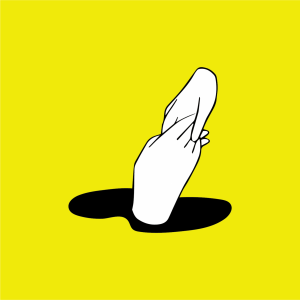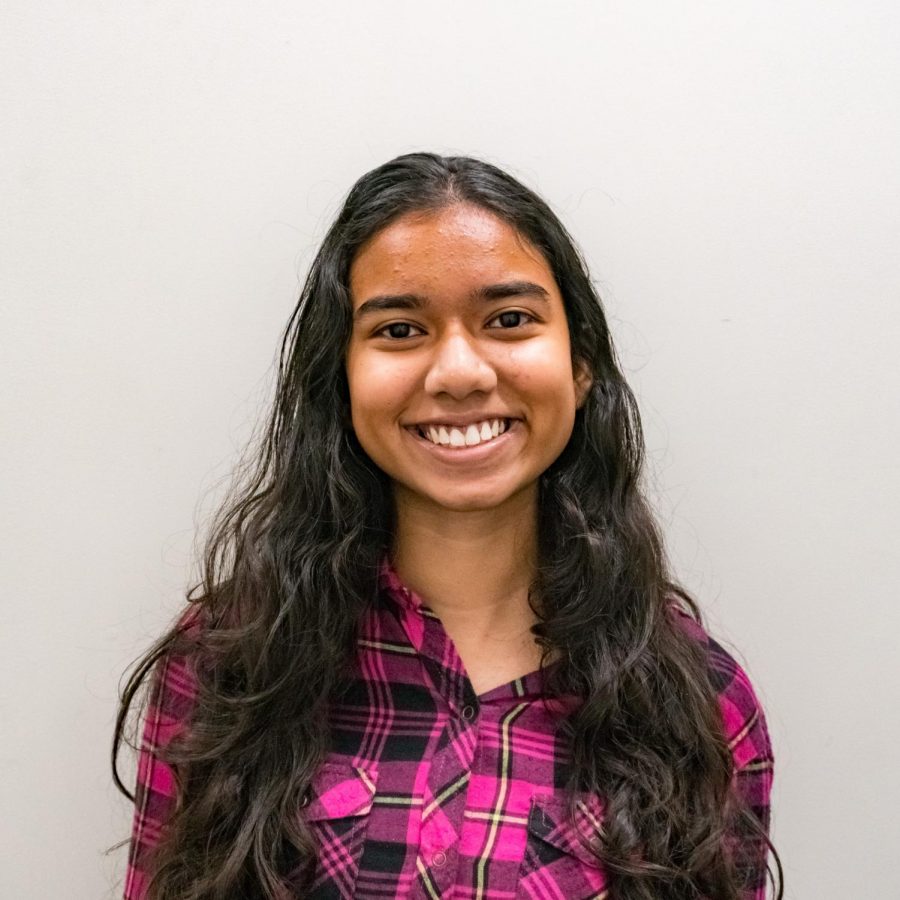In Defense of a Sheltered Upbringing
September 16, 2018
“Privileged” isn’t necessarily the first word that would come to mind if you saw me — I am female, culturally Muslim, an ethnic and racial minority. Nevertheless, I was raised in an immigrant-heavy suburban bubble where I was rarely in compromised situations due to my identity. I never felt as if my potential was discouraged, and I was given access to every resource imaginable. This sheltered upbringing has certainly contributed to my worldview — everything from my innocence to my persistent teenage idealism, from my stubborn trust in my closest friends to my elemental faith in humanity, is drawn from my uncomplicated childhood, where I never felt as if anyone had wronged me. I am aware that this comfortable upbringing is an immense privilege. As a result of it, I am unguarded, and I am not afraid to get hurt. While it might come across as naivete, I believe that this ability to trust in others, and myself, is a valuable asset.
The word “privileged” has a bitter, accusatory connotation, as it’s broadly used to describe anyone who has been born into situations that predispose them to a more comfortable life. Astonishingly, I have seen it breed a sense of guilt among the student population, but I don’t think guilt is a very beneficial feeling — it simply stunts honest self-reflection, and it blocks access to understanding positive ways that the privilege has socialized them in. Privileges are a critical component of people’s childhoods, and they largely shape them into who they are in both good ways and bad. When conversations surrounding privilege only involve accusing straight white men of their predisposition to being racist, the other side of viewing privilege is neglected.
To reflect on my own sheltered upbringing, I think the most important thing it gave me is my naivete. After I first realized that this had been my way of life, I started to pointedly embrace these traits. I quickly saw my trusting nature and vulnerability strengthen my relationships with people. It has made me a better friend, allowed me to wholeheartedly give emotionally to the people I care about the most and made me immune to feeling resentment toward others.

I am not saying that all who are privileged are also naive — I have met plenty who are not. But it is important to engage in honest self-reflection of one’s own privilege. Rather than coming from a self-critical point of view and allowing it to affect guilt, we should look for the ways we can embrace it, to reflect on the qualities the sheltered privilege has equipped us with and learn how to utilize them to be the best person we can be for the people who have been less fortunate.
Instead of shying away from this reality of being an individual with the privilege of a sheltered upbringing, I have chosen to recognize the gift of growing up in an environment where I was never forced to confront aspects of what might make me feel different from others. It has allowed me to come to New York with confidence in who I am and who I have the potential to become.
I know I’m privileged. I know I have had a protected upbringing, especially now that I have been plunged headfirst into the jading cynicism of New York City, surrounded by people who are guarded even with their closest friends. If those of us who are privileged can focus on giving as wholeheartedly as we can to our communities, while still keeping our privileges in check by not treating others poorly or feigning despair, we might even be able to provide shelter for those that have not known the same solace.
Opinions expressed on the editorial pages are not necessarily those of WSN, and our publication of opinions is not an endorsement of them.
A version of this article appeared in the Monday, Sept. 17 print edition.
Email Nosheen Hossain at [email protected].























































































































































